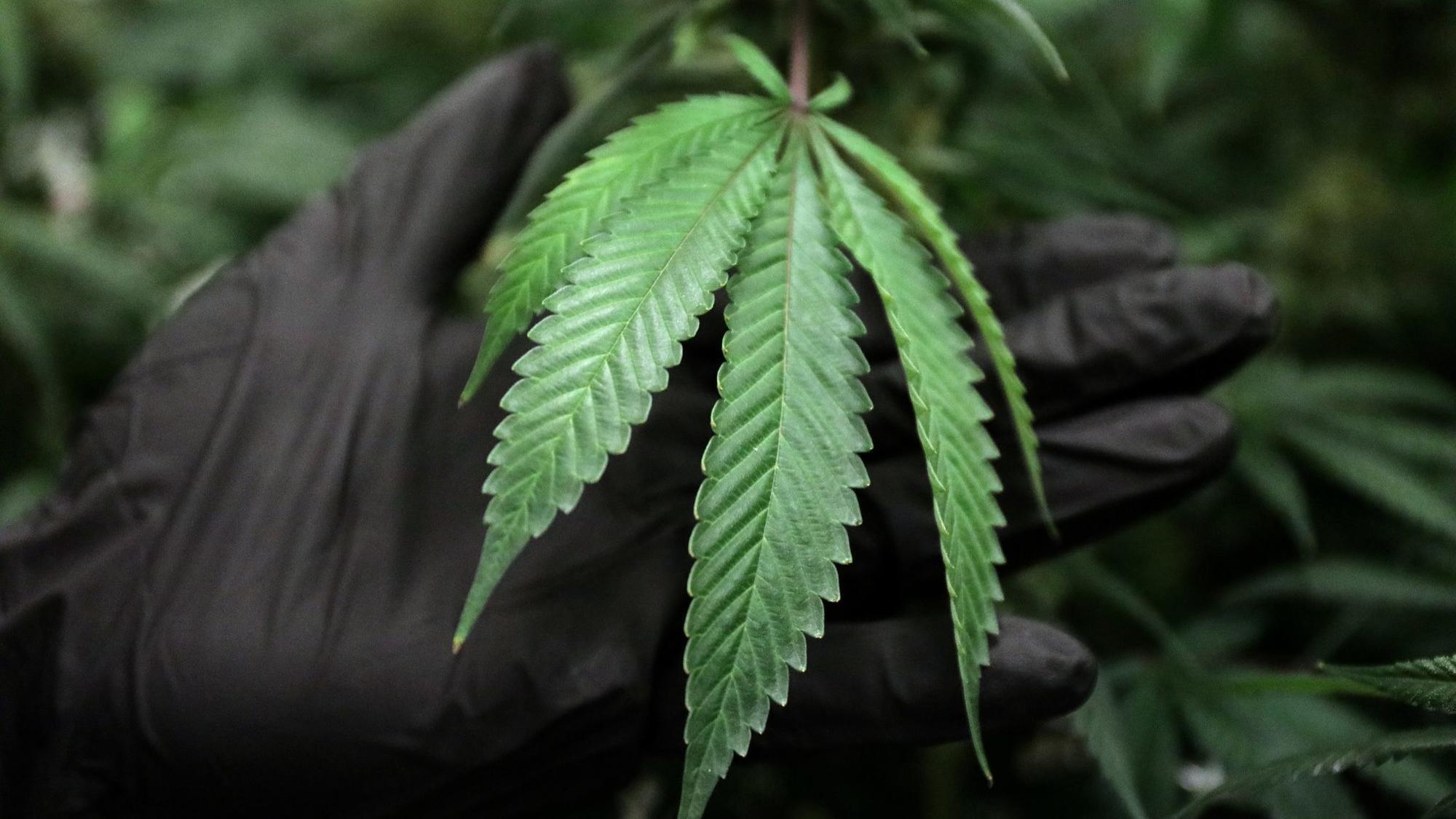
SAN FRANCISCO — California’s much-hyped marijuana industry fell woefully short of expectations in 2018, the first year of full adult-use legalization, and industry leaders blame their inability to compete with the state’s robust black market, which doesn’t pay the taxes and navigate the red tape they do.
So on Jan. 28, 2019, several cannabis-industry supporting state lawmakers proposed to slash taxes as a way to jump-start California‘s legal marijuana marketplace.
Democratic Assembly member Rob Bonta proposed on Jan. 28 to temporarily reduce the 15 percent tax consumers pay at the retail counter to 11 percent and eliminate the $148 per pound of marijuana farmers pay for three years. Bonta said the state’s legal cannabis industry is “not occurring as we hoped, expected and wanted.”
Sales Fell After Market Expanded
Analyst GreenEdge says legal California sales fell to $2.5 billion in 2018 from $3 billion in 2017, when only medical marijuana was legally available.
“Excessive taxation hurts legal businesses and consumers while spurring the illegal market,” said Michael Ray, chief executive of cannabis company Bloom Farms. “Lowering taxes is a step in the right direction towards growth in the legal market here in California.”
California has not seen a boom in legal marijuana sales since full adult-use legalization went into effect Jan. 1, 2018. The state’s lawmakers are considering lowering wholesale and retail marijuana taxes to compete with California’s still-thriving black market.
The sluggish sales were reflected in taxes collected and the state’s revised outlook. California officials said the state collected $234 million in taxes between January and October 2018, the latest figures California Department of Tax and Fee Administration has available. Gov. Gavin Newsom’s proposed budget for the fiscal year that ends June 30, 2019, estimates $355 million in annual tax revenues, a $275 million reduction from previous estimates.
Industry Also Blames Regulations
Boosters of the legal cannabis industry said the tax proposal was a good start, but that onerous and costly regulations are also enticing growers and sellers to skip licensing and remain selling marijuana illegally.
“Lowering state excise taxes will help the legal marijuana industry gain a better foothold over the black market in California,” said Ellen Komp of California’s chapter of the National Organization for the Reform of Marijuana Laws (NORML). “It would also be helpful if the regulatory burden could be eased on producers hoping to enter the licensed, regulated market.”
Newly elected Democratic Treasurer Fiona Ma, who supported marijuana legislation when she served in the Assembly, said Jan. 28, 2019, that she supports the tax cut.
Local Taxes are Unaffected
The proposal if passed would not lower county and city taxes, some of which are higher than the state’s rates.
Republican Assembly member Tom Lackey, who signed on to the current bill, sponsored a similar measure in 2018 that failed to pass out of the Assembly’s appropriations committee. Democratic Assembly member Lorena Gonzalez Fletcher, the chair of the committee, said at the time she and other opponents agreed with the Legislative Analyst’s Office estimate at the time that the cuts would reduce annual funds to the state by up to $297 million.
On Jan. 1, 2018, California broadly legalized marijuana use for adults after overwhelming support for Proposition 64, which promised to fill state and local coffers while helping to eliminate the state’s illegal operators. But far fewer licenses and tax revenues have been collected than expected and legal businesses point to the state and local taxes and red tape as the reasons.
Lackey and the other lawmakers supporting the current measure said they hoped a tax cut would increase legal sales and help legitimate operators compete with the black market.
— Paul Elias















